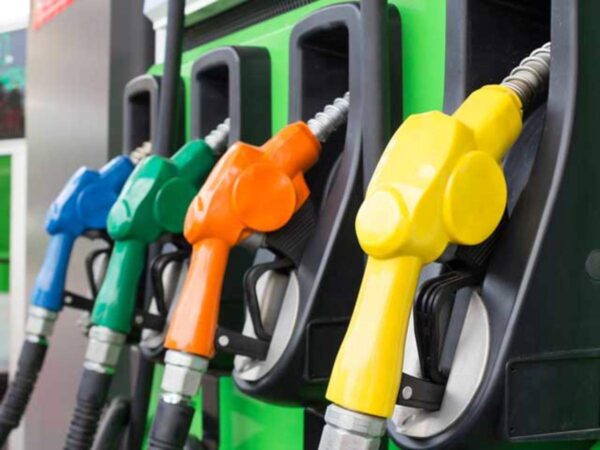At the point when petroleum and diesel costs are at an untouched high, and charges have a greater segment in the retail cost than the base cost of the powers, it merits returning to the discussion
Talking at the establishment stone laying function of oil and gas projects in Tamil Nadu on February 17, Prime Minister Narendra Modi said that his administration is attempting to bring gas under the ambit of Goods and Service Tax (GST). “We are attempting to dispense with the falling impact of various duties. We are focused on bring flammable gas under the GST system,” PM Modi said, calling for worldwide financial backers to put resources into energy projects in the country. At the point when petroleum and diesel costs are at an unsurpassed high, and charges have a greater segment in the retail cost than the base cost of the fills, it merits returning to the discussion on bringing petroleum and diesel under the ambit of GST. There are the two potential gains and drawbacks to this thought. Here are three outlines which clarify the fundamental issues included.
1. Bringing petroleum diesel under GST will prompt a sharp fall in current costs
Clients are paying more in charges than the base cost for petroleum and diesel as indicated by the most recent value information for petroleum and diesel. As per the data on the Indian Oil site, base cost (in Delhi) of petroleum and diesel was simply ₹33.26 and ₹34.97 on March 1. The retail costs on the day were ₹91.17 and ₹81.47. The expense segment in retail selling cost of petroleum and diesel was ₹53.94 and ₹43.74 per liter individually. Focal extract is a lot greater segment of assessments than esteem added charges exacted by state governments. The most elevated chunk under the current GST rates is 28%. Regardless of whether petroleum and diesel were to be charged at the most elevated rate, the post-charge cost will be a lot of lower than what it is at present.
2. Bringing energizes under GST will make the income dissemination impartial between Center, states
According to the most recent value work of petroleum and diesel (March 1) state charges had a more modest commitment to the retail cost than focal expenses. While the state Value Added Tax (VAT) was ₹21.04 and ₹11.94 per liter on petroleum and diesel, association extract obligations for these two things were ₹32.9 and ₹31.8 per liter. These feature numbers propose that the middle is a greater recipient of assessment wages from the offer of petroleum and diesel.
3. Be that as it may, subsuming petroleum diesel under GST will likewise involve a misfortune or income and independence
Certainly, incorporation of petroleum and diesel under GST is certifiably not another interest. While resistance groups have been making this interest, the issue was talked about while the law was being outlined. A service of money archive called The GST Saga: A Story of Extraordinary National Ambition incorporates this errand as the first among “the likely territories of future work” under GST and notes that “Article 279 A(5) of the Constitution gives the (GST) Council the influence to choose the date on which GST might be made pertinent on Petroleum items”. As and when this is done, there will be two clear drawbacks on the monetary front. One, GST will cut down charge income from offer of petroleum and diesel fundamentally. Given the all around stressed financial circumstance, this will mean the public authority distinguishing extra wellsprings of income to make up for the misfortune on this tally. Likewise, when petroleum and diesel are subsumed inside the GST, both the Center and states should part with the current self-sufficiency they appreciate with these expenses which fill twin needs of counter-repeating mediations in the domain of both legislative issues and economy. For instance, both the Center and the states expanded expenses on petroleum and diesel to make up for income misfortune during the lockdown. The focal assessments on petroleum and diesel are a fixed sum for every liter instead of a small portion of the base value, which is the way GST is exacted as of now. Additionally, the current system permits singular state governments to change their expenses – survey bound Assam has diminished assessments on petroleum diesel – an elbowroom which won’t exist whenever they are subsumed inside GST, as charges should be uniform the nation over.



